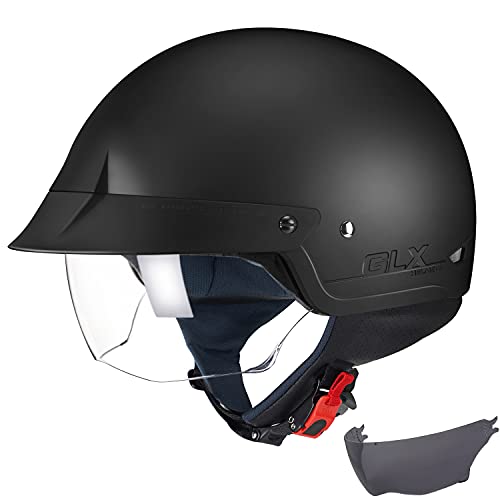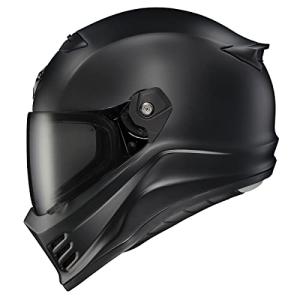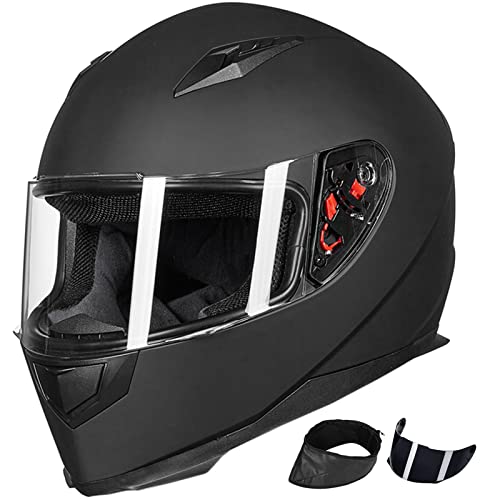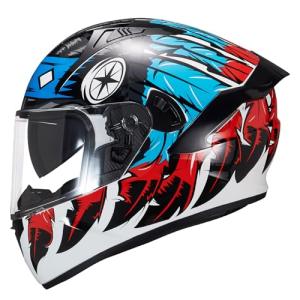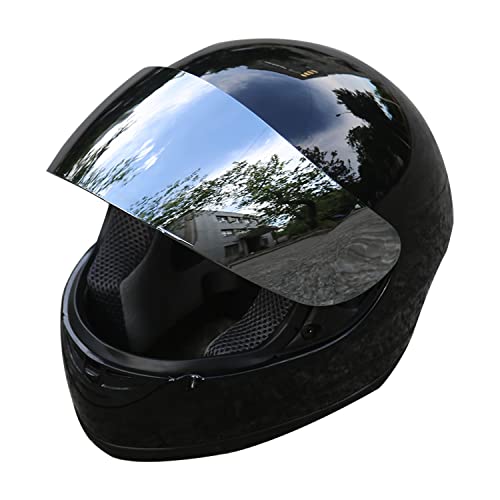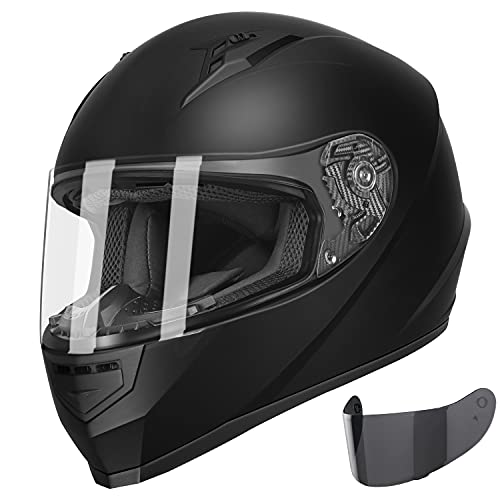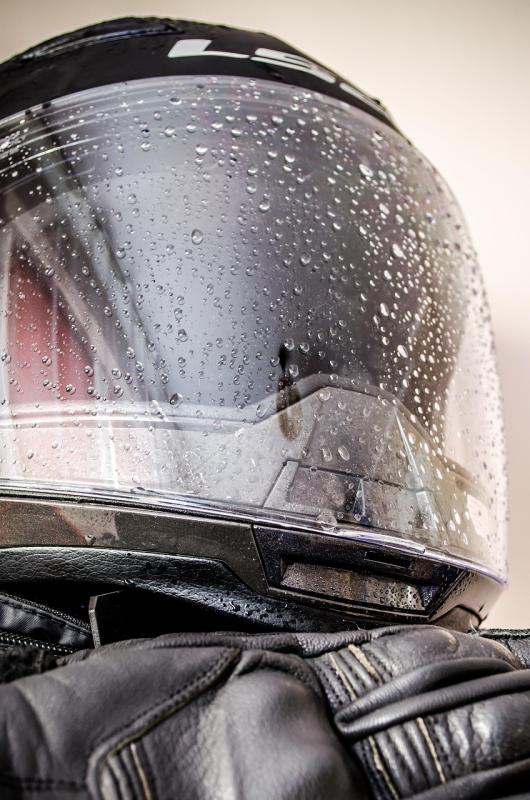When it comes to hitting the road on two wheels, understanding Motorcycle Helmet Laws is super important. Different states have different rules about who needs to wear a helmet, and these laws can change, so it’s crucial to stay up-to-date. Some places require all riders to wear helmets, while others have laws that only apply to certain age groups or those who don’t have specific licenses.
In states with universal helmet laws, every rider needs to strap one on. This is often seen as a way to ensure safety for everyone, reducing the chances of severe injuries in accidents. In contrast, states with partial laws usually require helmets for riders under a certain age or for those without a motorcycle endorsement. If you’re planning to ride in these areas, check the local laws to avoid any tickets.
Some riders might wonder about the safety standards of helmets. Motorcycle Helmet Laws typically reference specific regulations, ensuring that helmets protect you effectively. Look for labels indicating they meet safety standards set by organizations like the Department of Transportation (DOT). This ensures your helmet is not just for show but will actually provide protection if needed.
Remember, even if your state doesn’t require a helmet, wearing one is a smart choice. It keeps you safe on the road and can give you peace of mind as you enjoy your ride. So, no matter where you're cruising, it's wise to prioritize safety by staying informed about Motorcycle Helmet Laws.
Different Laws in Every State
When it comes to motorcycle helmet laws, every state has its own rules, and it can get a bit confusing. Some states require all riders to wear helmets, while others only mandate it for certain age groups. Understanding these laws is super important for keeping yourself safe and avoiding fines.
For example, in states like California and New York, everyone has to wear a helmet, no exceptions. They're pretty strict about it. On the flip side, places like Florida and South Dakota have more relaxed laws. They might only require helmets if you're under a specific age or if you don’t have enough insurance. This means if you’re riding there, you might get away without a helmet, but it’s still a smart choice.
Then there are states like Texas, where you can ride bareheaded if you’re 21 or older and have minimum insurance. But remember, just because you can ride without a helmet doesn’t mean you should. Helmets save lives, and riding without one can be risky.
Always check the local motorcycle helmet laws before you hit the road. They can change, and knowing the rules can help you avoid getting pulled over. Plus, wearing a helmet can protect you from serious injuries in case of an accident. Stay smart and ride safe!
GLX M14 Open Face Motorcycle Helmet - Matte Black, Large - DOT Approved
Experience freedom and protection on the road with the stylish GLX M14 Open Face Motorcycle Helmet in Matte Black
Product information
€60.83
Product Review Score
4.53 out of 5 stars
215 reviewsProduct links
Exceptions to the Helmet Rule
When it comes to Motorcycle Helmet Laws, most places require riders to wear helmets for safety. But did you know that there are exceptions to these rules? Depending on where you ride, you might find some interesting variations that could surprise you.
For instance, in some states, there are age limits attached to the helmet law. Some places only require younger riders or novice motorcyclists to wear helmets, allowing seasoned riders or those over a certain age to cruise without one. It’s a unique way to balance safety with personal choice.
Then there are states that have specific exemptions for certain types of motorcycles. If you’ve got a cruiser or a vintage bike, you might get some leeway when it comes to wearing a helmet. It's important to check your local Motorcycle Helmet Laws, because these exceptions can vary greatly from one place to another.
Lastly, some regions may provide waivers or permits that allow experienced riders to ride bareheaded after taking a safety course or meeting specific criteria. While this might sound great for those who hate the feeling of a helmet, it’s still crucial to weigh the risks involved. Always prioritize safety, even if the law gives you an out.
ScorpionEXO Covert FX Full Face Helmet - Matte Black
Experience ultimate protection and style with the ScorpionEXO Covert FX Full Face Helmet in sleek matte black
Product information
€237.61
Product Review Score
4.6 out of 5 stars
21 reviewsProduct links
Staying Safe and Legal on the Road
Staying safe on the road is a top priority for all riders, and that starts with understanding motorcycle helmet laws. These laws vary by state, so it’s crucial to know the regulations where you ride. Not only do these laws help keep you safer, but they also protect your rights as a rider.
Most states require all motorcyclists to wear helmets, but some allow riders to go without them if they meet certain conditions. This could include age limits or having a specific type of insurance. Ignoring these motorcycle helmet laws can lead to hefty fines, and it might also affect your insurance in case of an accident.
Besides legal requirements, wearing a helmet significantly reduces the risk of serious injury. Look for helmets that meet safety standards, like DOT or Snell approved. A good helmet not only keeps you compliant with motorcycle helmet laws but also provides essential protection for your head and face.
Don't forget to check for additional safety features, like face shields or reflective strips, which can enhance your visibility on the road. Staying up-to-date with local laws and investing in the right gear can make your ride safer and more enjoyable.


